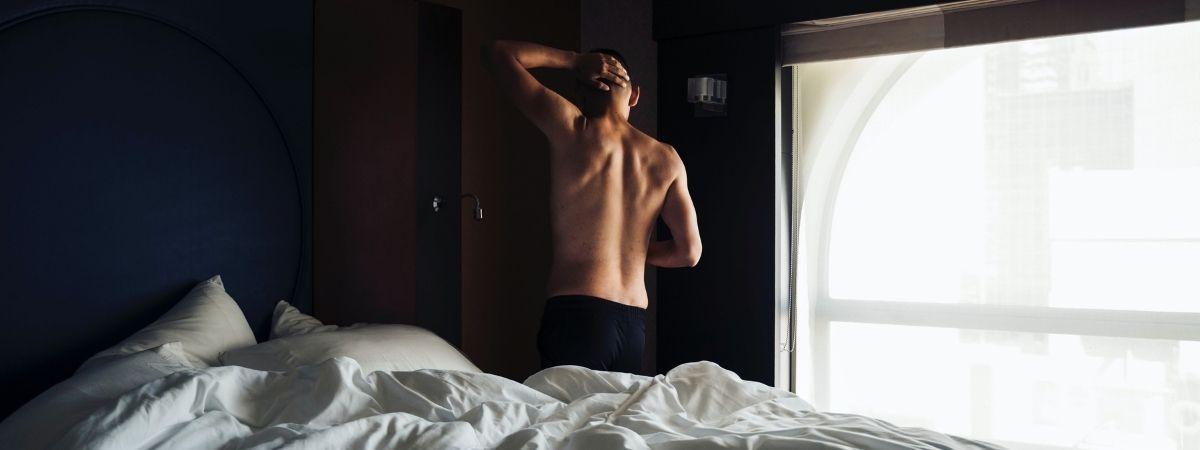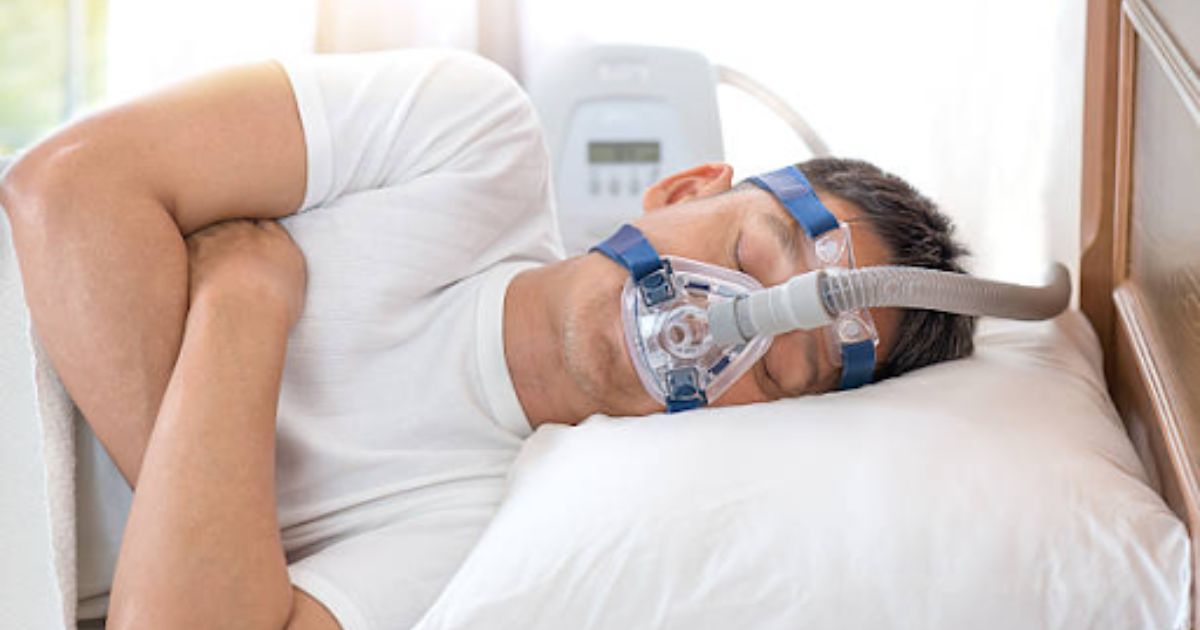Have you ever felt extremely tired, even after getting a full night’s sleep? Have your housemates or the person sleeping next to you complained about your loud snores at night? These are only a few of the signs that may point to a sleep apnea disorder. People who have obstructive sleep apnea (OSA) disorder experience disrupted breathing while they sleep. Patients who have extreme cases of OSA may experience up to 30 breathing disruptions per night.
The good news is that the most common cause of sleep apnea has been discovered. There are many studies that link excess weight and obesity to sleep apnea. How does being overweight cause you to have this sleep disorder? This blog post will answer this question as well as recommend some methods to help deal with the condition.
How Can Excess Weight Cause Obstructive Sleep Apnea?
Your weight and your sleep hygiene may not seem to have much in common, but the truth is that they share a connection. There are many undesirable side effects that come with having excess weight—sleep apnea and snoring are only two of them.
Being Overweight Can Cause Sleep Apnea
When people sleep, all the muscles in their body relax. This includes the muscles and tissues that are located in the airway. An individual that is overweight or obese typically also carries excess fat in their throat muscles. This will increase the likelihood of their airway getting blocked when their body relaxes for sleep.
Health Effects of Obesity and Sleep Apnea
Aside from the obvious danger of having an obstructed airway, here are other health concerns that may arise because of sleep apnea:
1 – Cardiovascular Problems and Strokes
A horde of heart problems may be caused by sleep apnea. Heart failure, coronary heart disease and hypertension are a few of the serious chronic issues that a person with sleep apnea can develop. Also, because of the sudden blockage of airflow into the body, strokes may also occur.
2 – Mental Health Issues
Sleep apnea may also cause disrupted sleep. People often wake up multiple times in the middle of the night and may have trouble getting back to sleep again. They do not call sleep apnea a “sleep disorder” for nothing!
What You Can Do
1 – Lose Weight
The first thing you need to concentrate on doing is to lose weight. Getting rid of excess weight will help you tighten up the muscles and tissues in your airway. This will prevent airway obstructions from happening when you sleep.
2 – Use a CPAP Machine
Continuous Positive Airway Pressure devices may be recommended by your physician to help you ensure that you will get enough oxygen while you sleep.
3 – Surgery
In many cases, even if you lose weight, the tissues and muscles in your throat may already be loose. In this scenario, doctors may recommend surgery to get rid of the excess muscle and tissue in your airway.
Work with a Specialist
You should never take a back seat when it comes to your health. If you think that you may have obstructive sleep apnea, taking immediate action is the best way to handle the situation. Keep in mind that sleep apnea may cause you to stop breathing entirely for an indefinite period of time. This may have extremely detrimental effects on your body if you allow it to continue.
It’s important to see to it that you lose weight to help lessen the severity of your sleep apnea. On top of this, seeking treatment from a physician and sleep specialist will help you overcome your sleeping disorders.
Sleep Doctor in Jacksonville, FL
Don’t wait too long to get treated for sleep apnea. The professionals at Jacksonville Sleep Center will help you overcome your sleep disorders. If you are looking for a sleep apnea specialist in Jacksonville, FL, contact us today!






